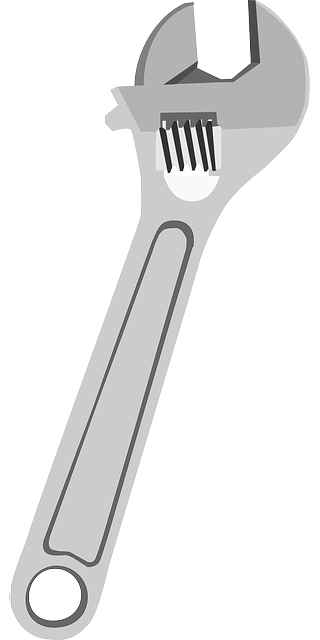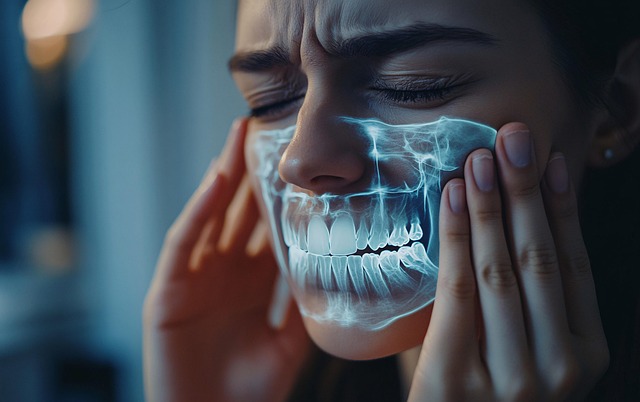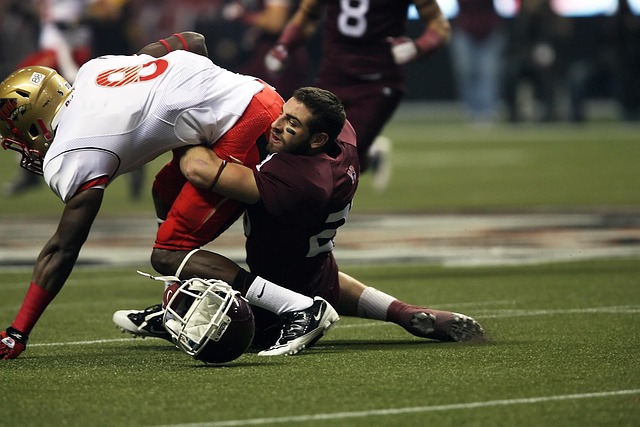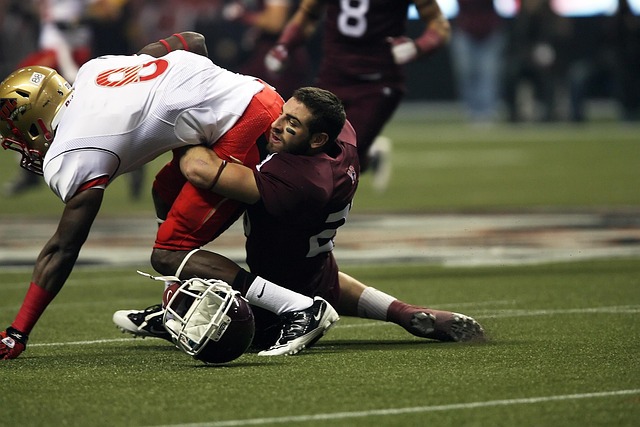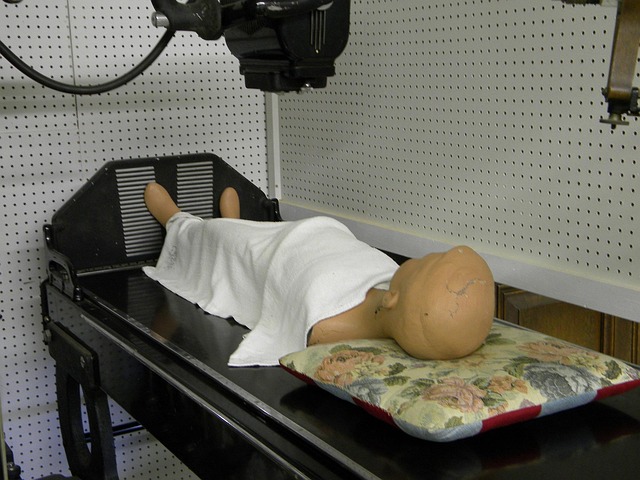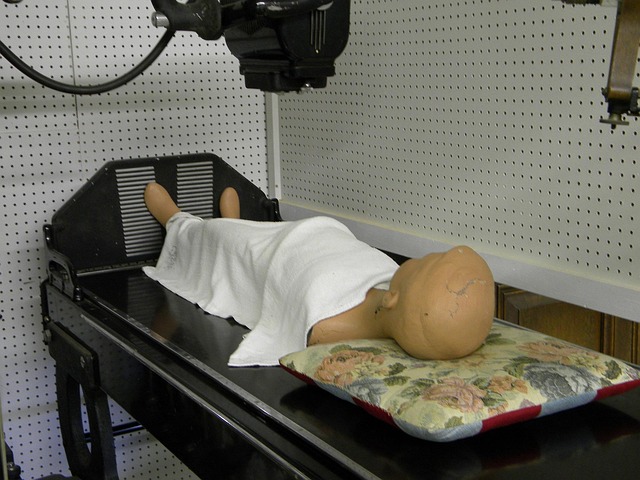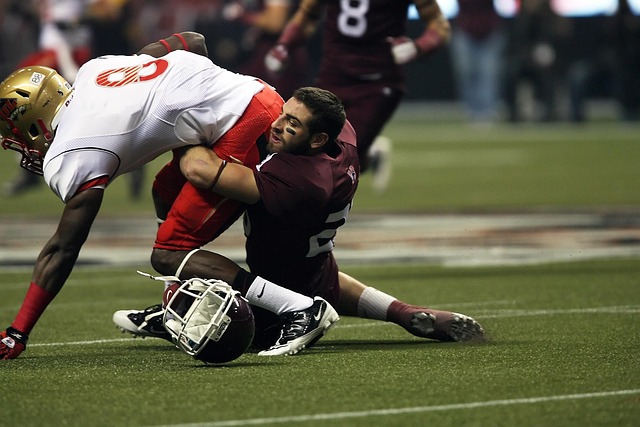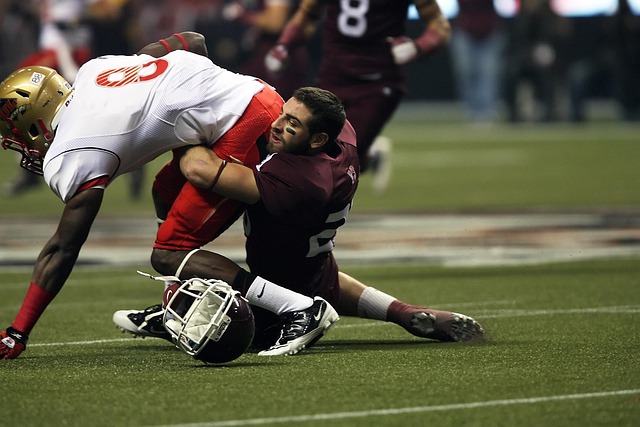Post-concussion dizziness and neck pain are common symptoms resulting from disruptions in the inner ear's balance system and its connection to the nervous system after initial head injuries. Chiropractic treatment for concussion injury has emerged as a safe, effective approach focusing on correcting spinal abnormalities, particularly in the neck, through gentle adjustments to improve nerve function and aid healing. This natural therapy offers non-invasive care, potentially expediting recovery, and is popular for managing long-term dizziness and neck pain related to concussions.
Dizziness and neck pain are common and often unsettling symptoms that can persist long after a concussion. This article delves into the understanding, management, and recovery of these post-concussion symptoms, focusing on the role of chiropractic care as a game-changer in concussion injury treatments. We explore effective strategies for relief, providing insights into navigating this challenging condition. Remember that seeking professional help is crucial for optimal recovery, especially considering the potential benefits of chiropractic treatment for concussion injuries.
- Understanding Post-Concussion Dizziness and Neck Pain
- Chiropractic Care for Concussion Recovery
- Effective Treatment Strategies for Long-Term Relief
Understanding Post-Concussion Dizziness and Neck Pain
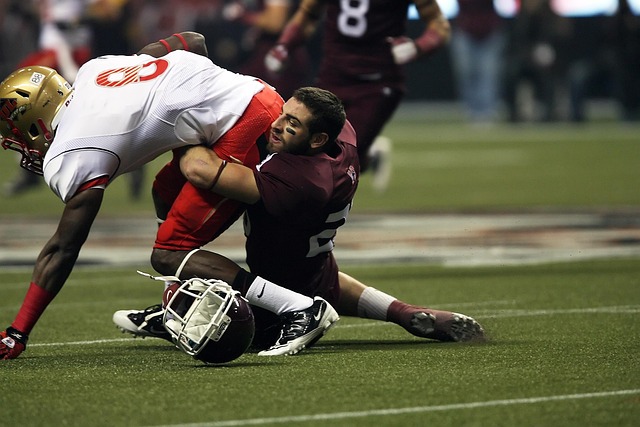
Post-concussion dizziness and neck pain are common symptoms that can persist long after an initial head injury. These issues often arise due to the delicate balance system within the inner ear, which is closely connected to the nervous system. A concussion can disrupt this intricate network, leading to vertigo, lightheadedness, and even chronic neck discomfort. Many individuals experience these symptoms as a result of muscle tension and misalignment in the cervical spine (neck region).
Chiropractic treatment for concussion injury has gained recognition as an effective approach. Chiropractors focus on evaluating and addressing any structural abnormalities in the spine, particularly in the neck, that might be contributing to the dizziness and pain. Through gentle adjustments and specialized care, chiropractic manipulation can help reduce symptoms, improve nerve function, and support the body’s natural healing process. This holistic treatment method offers a non-invasive way to manage post-concussion symptoms, promoting overall well-being and a faster recovery.
Chiropractic Care for Concussion Recovery
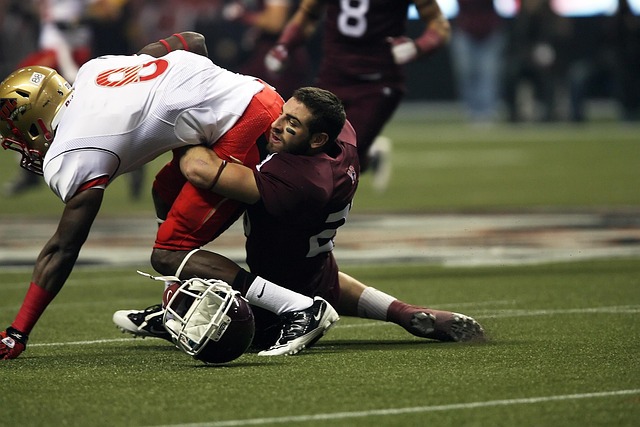
Chiropractic care has emerged as a valuable approach in the recovery process for individuals post-concussion. This natural and non-invasive therapy focuses on the manipulation and adjustment of the spine, aiming to improve nerve function and reduce symptoms associated with concussions. Many patients experience dizziness and neck pain following a concussion, and chiropractic treatment can offer significant relief.
Chiropractors use specialized techniques to address any misalignments or restrictions in the spine, which may contribute to ongoing dizziness and neck discomfort. By promoting better communication between the brain and body, chiropractic care can help reduce symptoms, enhance recovery, and potentially speed up the return to normal activities. This alternative treatment option has gained popularity due to its ability to provide tailored care while minimizing the risk of side effects associated with some medication options.
Effective Treatment Strategies for Long-Term Relief
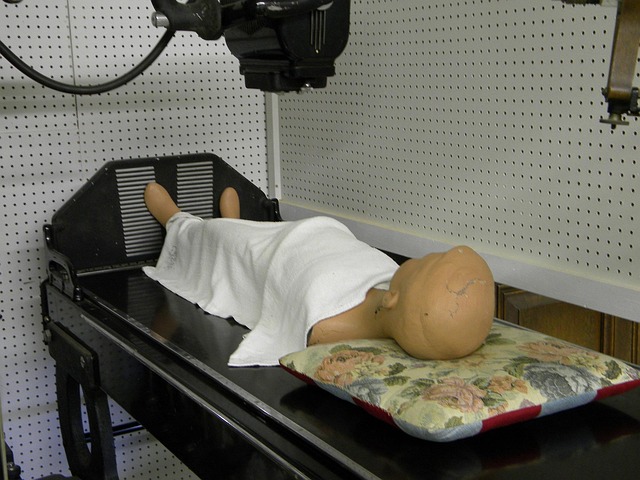
Many individuals experiencing persistent dizziness and neck pain after a concussion seek long-term relief through various effective treatment strategies. One prominent approach is chiropractic treatment for concussion injury. Chiropractors specialize in diagnosing and addressing issues related to the musculoskeletal system, focusing on the spine and nervous system. They employ gentle adjustments, manual therapy, and individualized exercise programs tailored to alleviate post-concussion symptoms.
Chiropractic care offers a holistic approach by not only addressing the neck pain but also helping to normalize brain function and reduce dizziness. This treatment modality is particularly beneficial as it considers the complex interplay between physical and neurological aspects of concussion recovery. By combining chiropractic adjustments with targeted exercises and patient education, individuals can achieve sustainable relief and regain control over their daily activities.
Post-concussion dizziness and neck pain can significantly impact an individual’s daily life, but with the right approach, long-term relief is achievable. Chiropractic care has emerged as a valuable option for managing these symptoms, offering gentle adjustments to alleviate pressure and promote healing. By combining chiropractic treatment with other effective strategies, patients can navigate their recovery journey effectively. If you or someone you know is dealing with post-concussion issues, consider exploring chiropractic care as a potential solution for managing dizziness and neck pain associated with this injury.




